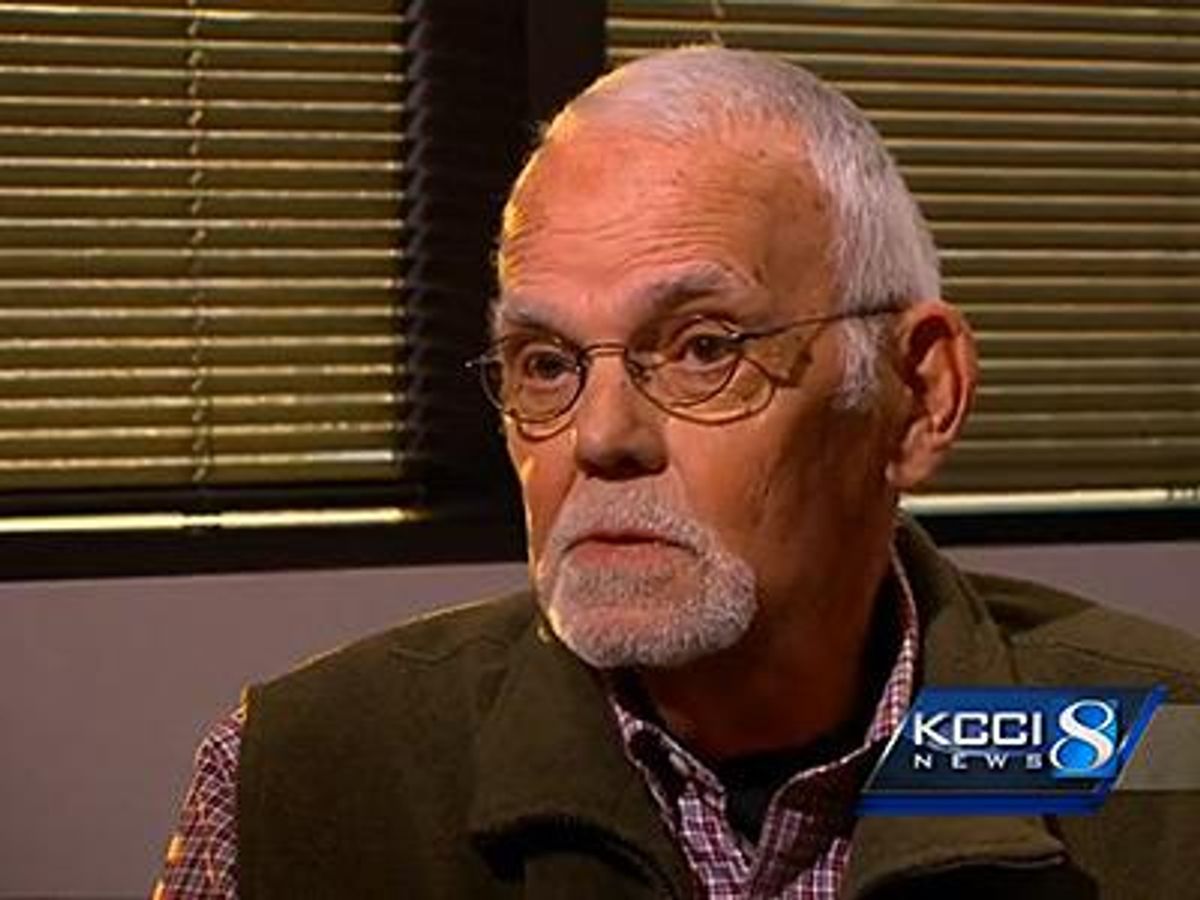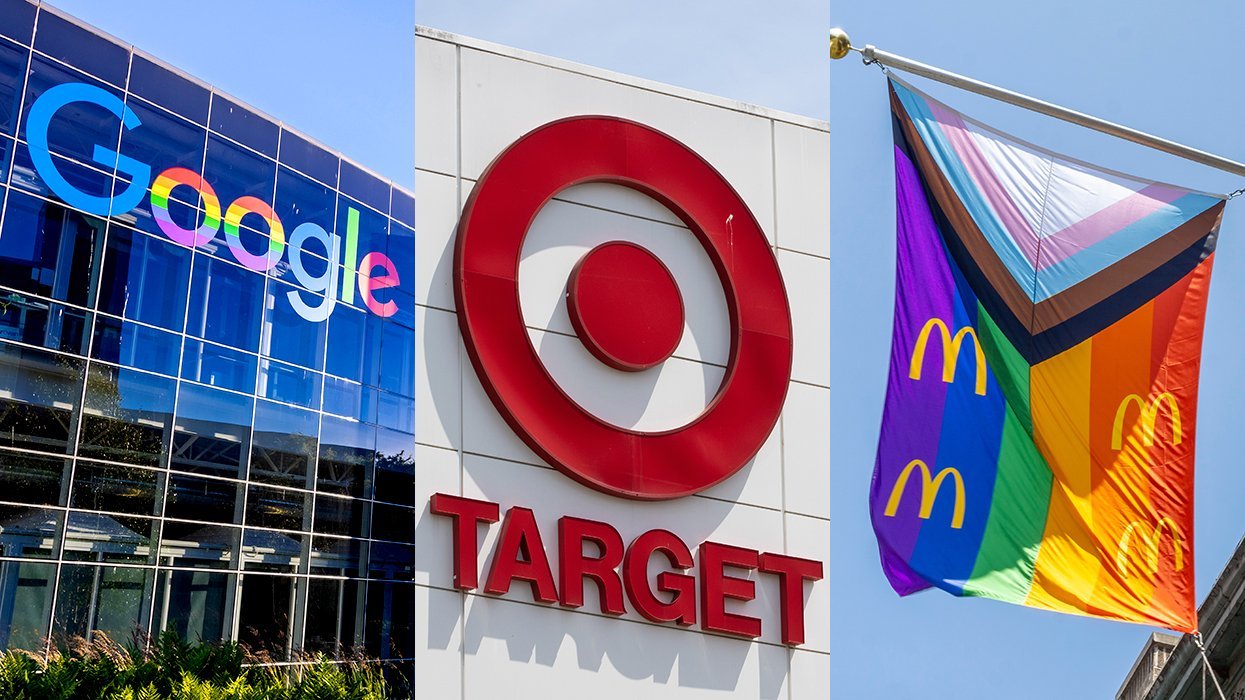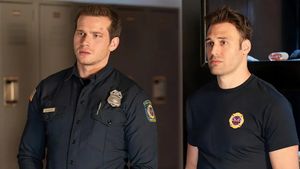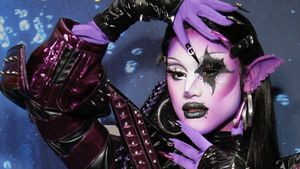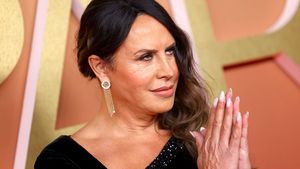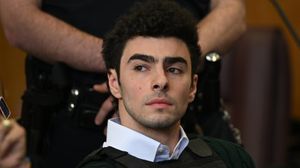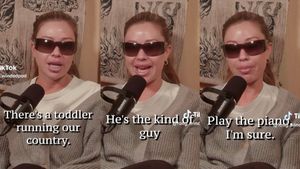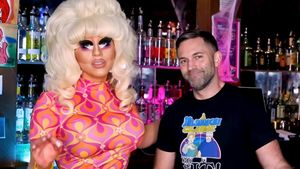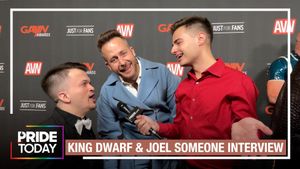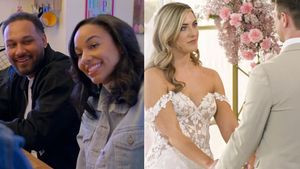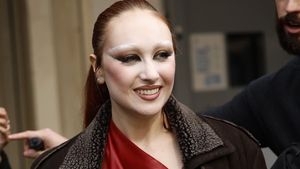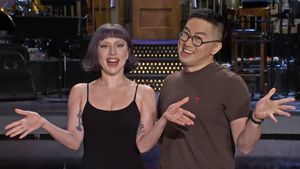Another Methodist minister is taking a stand in favor of same-sex marriage and against the denomination's official antihomosexuality stance.
A retired United Methodist Church minister , the Rev. Larry Sonner, 78, officiated at a same-sex wedding in Iowa in October, then reported himself to his bishop, The Des Moines Register reports. In a Register video, Sonner mentions being in discussions with church officials about how to resolve the issue of his marrying two women (whose names were withheld in the article).
Current United Methodist Church doctrine holds that homosexuality is incompatible with Christian teachings, and ministers are barred from officiating at same-sex nuptials. Last year, Methodist minister Rev. Frank Schaefer was defrocked for performing his gay son's wedding in 2007 -- something that came to the attention of the church hierarchy just last year, when a member of Schaefer's then-congregation made a complaint. Schaefer refused to renounce his support for marriage equality, and his ministerial credentials were revoked.
However, Schaefer was reinstated this year. The restoration of his credentials did not mark a change in the church's stance against marriage equality but rather had more to do with the denomination's internal court process; the board that stripped Schaefer of his credentials was found to have improperly changed the penalty levied against him, which was a 30-day suspension. Schaefer is now assigned to a student ministry in Santa Barbara, Calif.
In Sonner's video, he said he hopes to spark discussion in the denomination about its teachings concerning LGBT people. Here's an excerpt of his remarks:
"I decided to do this same-gender wedding because I think our church needs to be inclusive. We talk about being an inclusive church, but somehow we exclude LGBTQ people. ... I just think that's wrong, and I want to demonstrate a way that I think that is wrong by marrying this lesbian couple. I think they have every right to all of the ceremonies of the church just as I have those rights as a heterosexual person.
"I'm hoping that doing this will lend some further discussion in our church because it's up to clergy and laypeople in the wider church to make decisions as to whether the United Methodist Church is going to become more inclusive or stay exclusive of certain people like it is now. That's what I hope to accomplish."
Watch the video on the following page.
